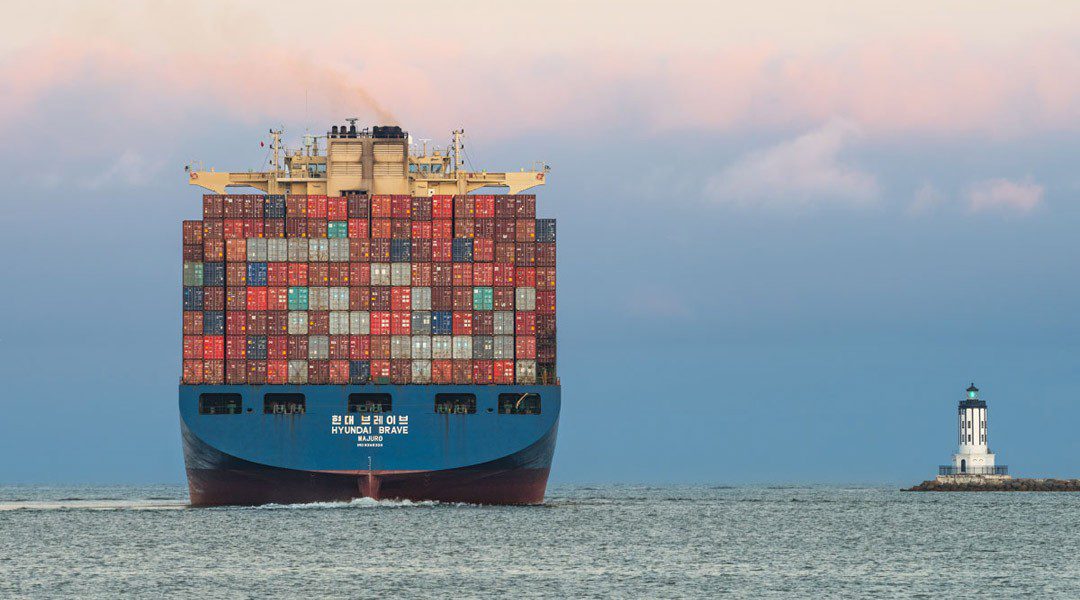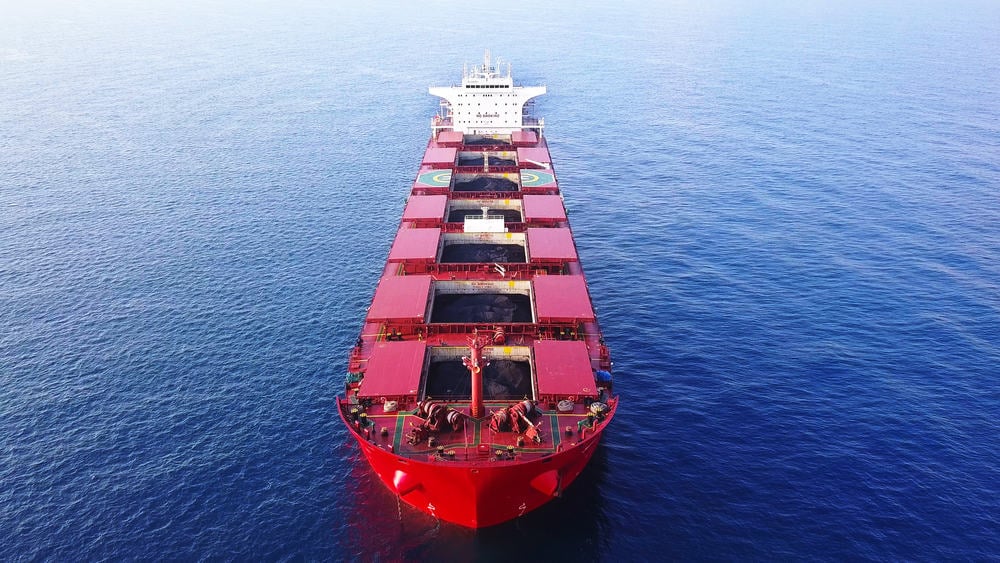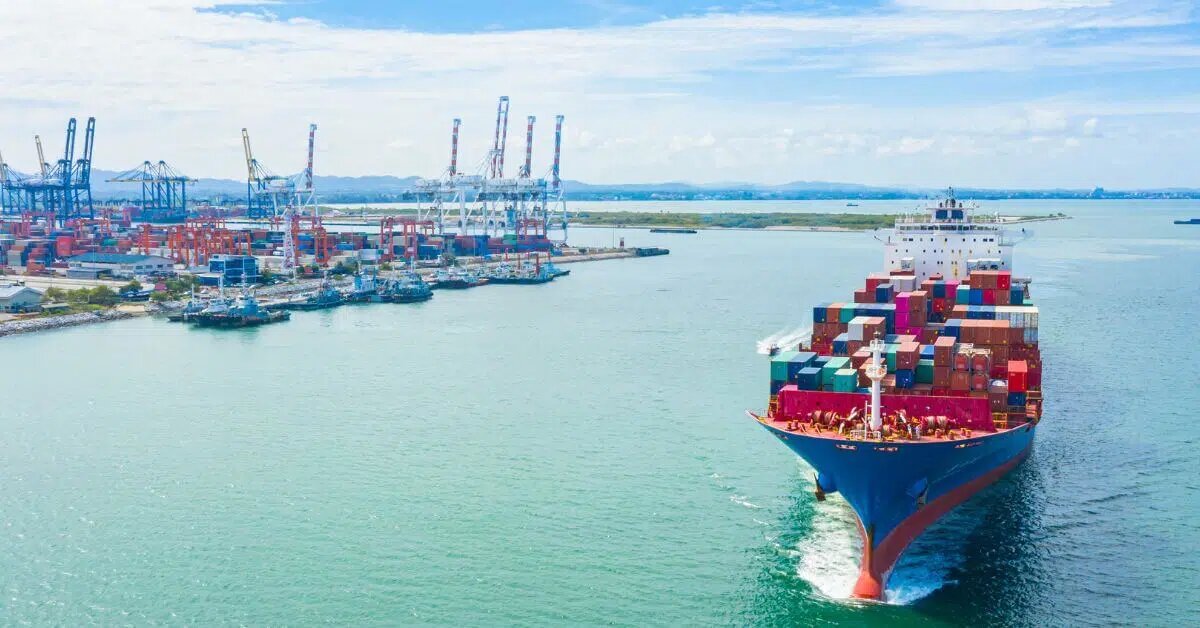Last Saturday (October 4), the Qatari Ministry of Transport ordered all vessels in its waters to halt navigation, citing route disruptions due to “GPS technical failures.” This action coincides with a surge in regional GPS interference incidents. A Windward report indicates that hundreds of vessels daily in the Arabian Gulf and the Strait of Hormuz are experiencing signal interference—with some vessels’ AIS signals even showing virtual coordinates located deep inland.
Yesterday (October 6), the Qatari Ministry of Transport partially lifted the previously imposed nationwide maritime navigation ban, now permitting non-conventional vessels to navigate during daytime, though the nighttime ban remains in effect. This decision was made two days after the authorities announced a full suspension of maritime activities on Saturday.
However, the technical failures affecting the GPS system remain unresolved, with authorities warning of continued limitations in navigation accuracy. According to the latest directive, the Qatari Ministry of Transport has imposed strict controls on recreational vessels, requiring them to return to port before sunset and limiting their operational range to no more than 12 nautical miles from the coastline.
This initial ban was highly unusual, effectively bringing a nation’s entire maritime territory to a standstill. Although the initial order covered the entire area, analysis by Trident Risk Advisors suggests that liquefied natural gas (LNG) carriers and other commercial vessels appeared to be exempt. AIS data showed continued vessel operations near the ports of Doha and Ras Laffan.
Trident stated that reports from Doha users indicate frequent positioning signal “drift” towards Iran, fueling speculation about potential electronic interference or GPS spoofing activities in the region. Such incidents align with growing navigation safety concerns in the Persian Gulf and broader maritime areas.
Analysis points out that this navigation disruption event highlights the vulnerability of global maritime navigation systems. From the Baltic Sea to the Persian Gulf, GPS interference and spoofing have become persistent threats to shipping lanes. The event has raised concerns about “hybrid interference,” which blends technical failures, human intervention, and geopolitical signaling, posing real risks to international trade routes and energy supply chains.
Image Source: Mwani Qatar
By the end of March 2025, a report from the International Maritime Organization (IMO) stated that incidents of GPS and other GNSS systems being interfered with or spoofed are increasingly occurring in more maritime areas, especially near conflict zones, increasing the risk of ship collisions and groundings. These harmful interferences often target specific radio frequency bands or specific vessels but exacerbate the already existing safety risks for shipping and seafarers.
The IMO expressed its high level of concern regarding the increase in GNSS interference and spoofing incidents in maritime areas such as the Black Sea, the Eastern Mediterranean, and the Red Sea.
The Qatari Ministry of Transport emphasized that the partial lifting of the ban demonstrates its commitment to “the safety of navigators and their safe return to port,” while urging all parties to strictly adhere to the revised navigation regulations.




